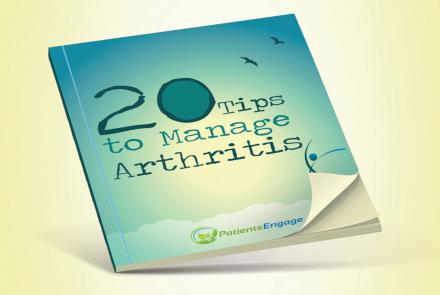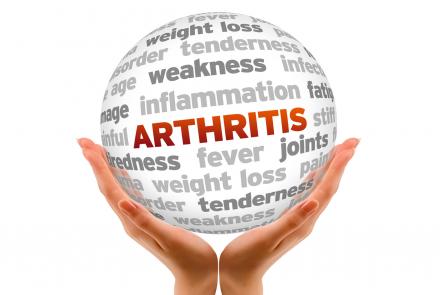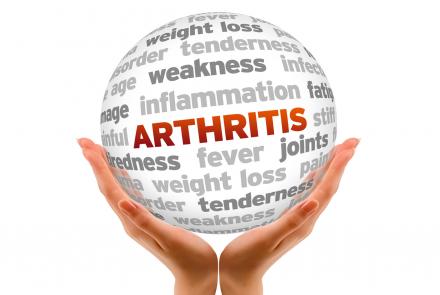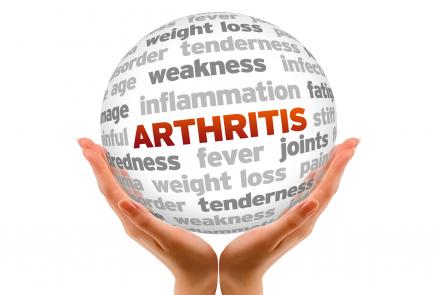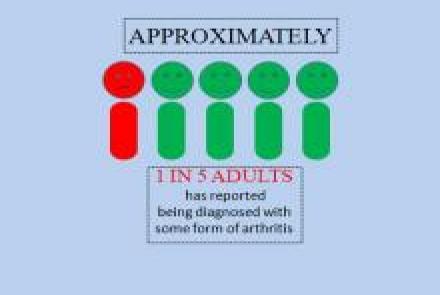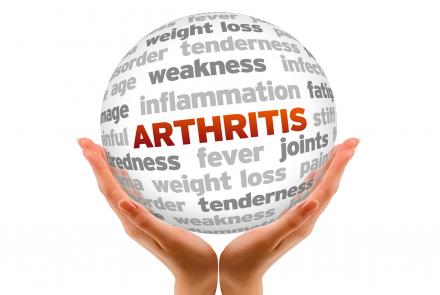The cause of chronic fatigue syndrome is unknown, although there are many theories.
In some cases, CFS seems to follow a viral illness, major physical or emotional trauma or exposure to toxins.
Other theories point to the immune system, glands and hormones, and family history.
Some believe it might be triggered by a combination of factors.
Risk Factors:
Tends to affect people in their 40s and 50s
Women are more likely to be diagnosed with CFS
Stress seems to be a risk factor

This is a caregiver training video resource from HCA Hospice Care, Singapore.
It shows how you can gently massage to soothe an elderly person or a patient.
Changed
09/Apr/2016
Condition



